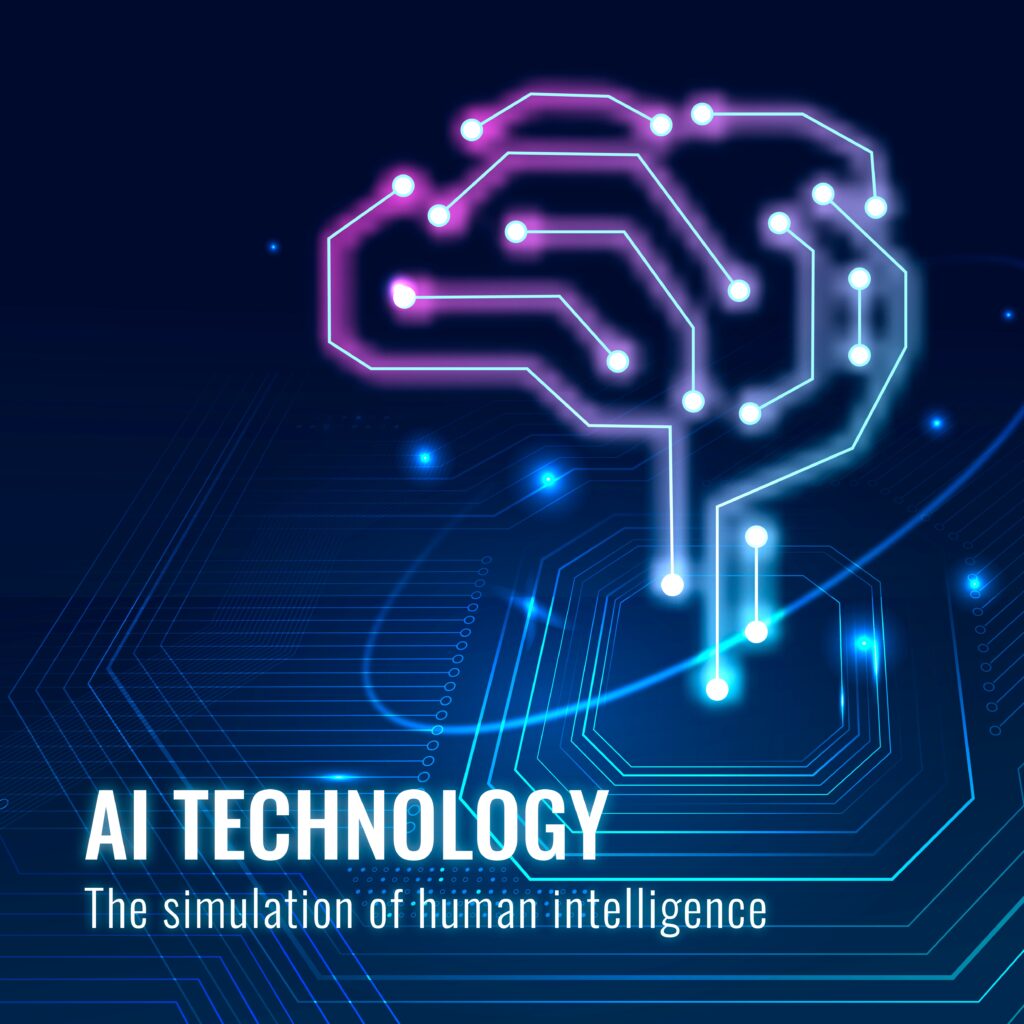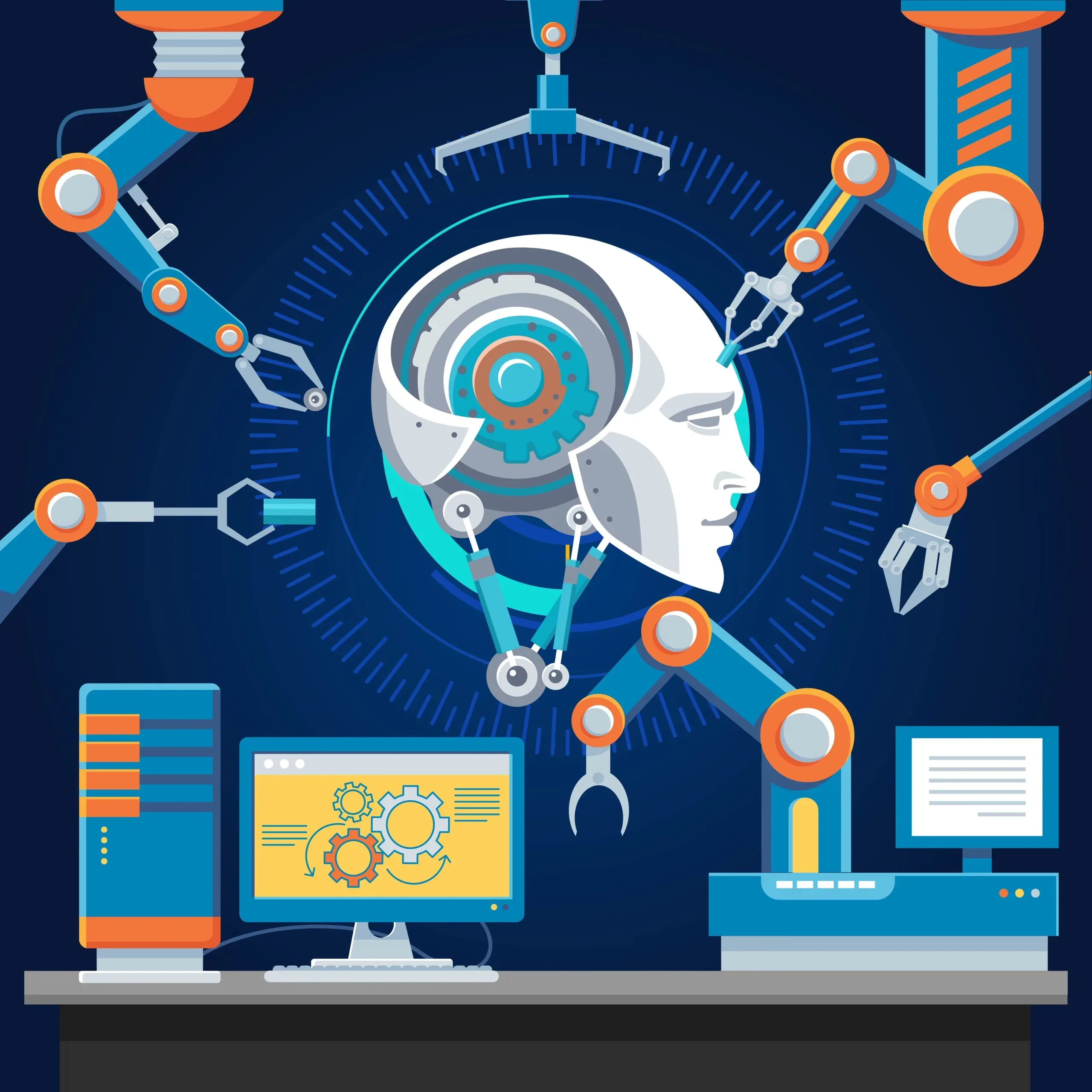Artificial Intelligence (AI) is a rapidly growing technology that has the potential to revolutionize many industries. It is already being used in a variety of applications such as robotics, automation, computer vision, natural language processing, and more. The future of AI looks even brighter with the advancement of Machine Learning and Data Science.

Table Of Contents
AI can be used to optimize search engine optimization (SEO) and other marketing strategies. It can also be used to automate mundane tasks such as customer service or data analysis. AI can even be used to predict consumer behavior and provide better customer experiences. As AI continues to evolve, it will become an invaluable tool for businesses in the future.
AI can be used for a variety of tasks, such as natural language processing (NLP), computer vision, and machine learning. By leveraging these technologies, businesses can gain valuable insights from their data and use them to make better decisions. Additionally, AI can be used for search engine optimization (SEO) to improve ranking on search engine results pages (SERPs).
Fields that are going to Revolutionize by Artificial Intelligence (AI) & ML
Artificial Intelligence (AI) is a rapidly growing field that promises to revolutionize the way we live, work and interact with each other. AI technology has already been put to use in various fields, from healthcare and education to finance and transportation. In the near future, AI will become even more ubiquitous and its applications will extend even further.
Machine Learning (ML) is one of the most important aspects of AI technology. ML algorithms allow computers to learn from data without being explicitly programmed. This means that ML can be used for a variety of tasks such as image recognition, natural language processing and autonomous vehicle navigation. Technology companies are investing heavily in ML research in order to develop new applications for their products and services.
The potential of AI technology is immense and it is being used in many different industries today. As the technology continues to advance, its applications are only going to expand further in the future.
1. Artificial Intelligence (AI) in Health Care
India is the second-largest country in terms of population after China, with 17.7% of the global population. Not every person living in the nation has access to health care facilities. It is due to a shortage of competent medical professionals, poor infrastructure, etc.
There are still some people who cannot access medical facilities. Even if you don’t see the doctor, AI would scan your fitness band data and medical history to assess the pattern, propose the right prescription, and even send it to your fingertips through mobile phone. AI has the capacity to give the capability to diagnose disease based on symptoms.
As previously reported, Google’s deep learning algorithm has already outperformed physicians at diagnosing deadly illnesses like breast cancer. AI will soon be able to identify common diseases and make appropriate treatment recommendations. If there is no longer a need for physicians, it may lead to a loss in employment opportunities.
2. AI in Education
How well-educated a nation’s kids are has a direct impact on its progress. We can observe that there are now a large number of AI courses accessible. However, in the future, AI will change the conventional approach to schooling. Since automation and robotics have largely taken the role of skilled laborer’s in the industrial sector, the world no longer needs them. The educational system may be highly efficient and tailored to each student’s personality and skills. It would offer intelligent pupils an opportunity to shine and idiots a better method to accept responsibility.
When used properly, education may increase a person’s or a nation’s power; nevertheless, when used incorrectly, it can have disastrous effects.
3. AI in Finance
Any nation’s economic and financial situation directly affects how growth is measured there. Due to AI’s huge potential in practically every subject, it has the ability to significantly improve both the economic well-being of an individual and a country. The management of equity funds now uses AI algorithms.
When determining the best approach to handle money, an AI system might consider a wide range of factors. It would function more efficiently than a human manager. The traditional methods of trading and investing in the financial sector will alter as a result of AI-driven techniques. The decision would be swift and sudden, which might be fatal for certain fund managing organisations that cannot afford such amenities. It could also have a significant negative impact on business. The opposition would be fierce and always tense.
4. Artificial Intelligence (AI) in Defence & Security
The most secure approach to improve a country’s security is through the development of autonomous weapon systems that don’t require any human interaction. We could soon witness military robots that are capable of doing specific jobs and are just as clever as a soldier or commando.
AI-assisted tactics would improve mission efficacy and offer the most secure means to carry it out. The AI-assisted system’s algorithm performance is not entirely explicable, which is concerning. The primary issue here would be explainable AI since deep neural networks learn more quickly and continually. If it falls into the wrong hands or decides the wrong things on its own, it might have disastrous effects.
Also Read : Marketing Automation
Conclusion
Given the vast opportunities for AI-assisted systems mentioned in this article, artificial intelligence-assisted systems have the potential to significantly improve the quality of our lives. On the one hand, technology may be a blessing if utilized for societal improvement or a curse if it falls into the wrong hands. The future of AI has been questioned in relation to industries such as Finance, Health Care, Education, and Defence, where it may have both beneficial and bad effects.
